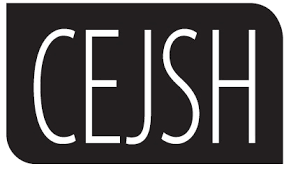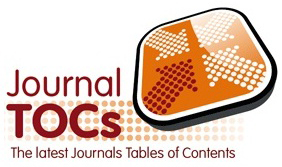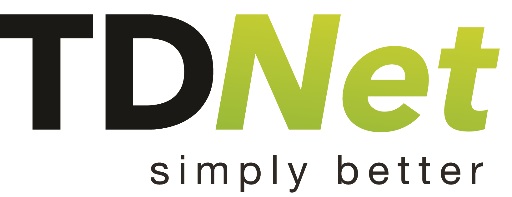Governance Quality and Tax Revenue Mobilization in Nigeria
Abstract
An evaluation of the quality of governance as a major determinant of tax revenue generation is important to both the government and the Nigerian public. It has become required as a result of many rising economies' reliance on several taxes to raise income. Tax income generation is crucial to the fulfillment of the Sustainable Development Goals (SDGs) and rising economies' economic progress. This study addresses the influence of both political (political stability), institutional (corruption) and bad governance on the mobilization of tax revenue in Nigeria. To serve this purpose, the study employed a time series data set from 2000 to 2020. After subjecting the data to the unit root test, the study further employs Ordinary Least Square (OLS). The findings revealed that corruption and political instability have a positive and significant impact on Nigeria’s tax revenue mobilization. Bad governance, on the other hand, has a positive and insignificant influence on Nigeria’s tax revenue mobilization. The study focuses on improving governance quality by lowering corruption rates and increasing transparency in tax administration. To accomplish so, countries must execute policy reforms such as establishing an effective and strict judicial system, offering monetary incentives for tax officers to lower the risk of corruption, and, most crucially, broadening the revenue base rather than raising tax rates. As a result, the tax administration will improve, and the economy's overall tax revenue collection will improve.





















